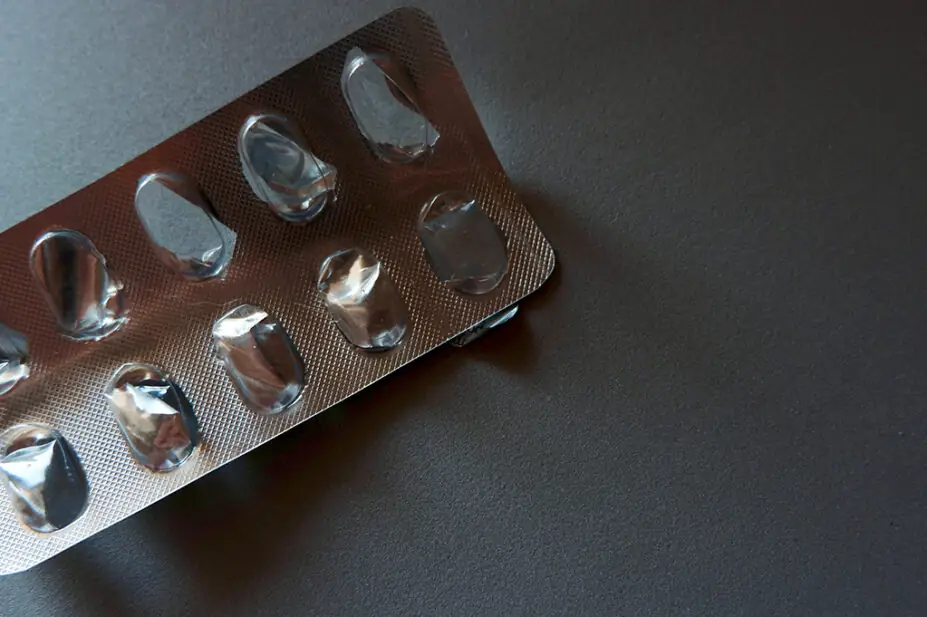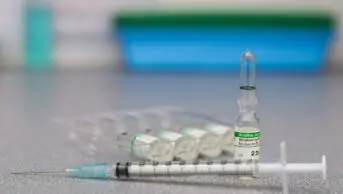
Shutterstock.com
Seven formulations of antimicrobial medicines used to treat tuberculosis (TB) will be “intermittently available” until at least the end of 2025, the government has warned.
A national patient safety alert issued by the Department of Health and Social Care on 29 July 2025 said that a supply disruption caused by “a combination of factors” would affect seven formulations of antimicrobial medicines including:
- Rifampicin 150mg and 300mg capsules;
- Rifampicin 600mg IV solution for infusion;
- Rifampicin 100mg/5mL oral suspension;
- Rifinah (Sanofi) 300 tablets (rifampicin 300mg/isoniazid 150mg);
- Rifater (Sanofi) tablets (rifampicin 120mg/isoniazid 50mg/pyrazinamide 300mg);
- Voractiv (Sandoz Ltd) tablets (rifampicin 150mg/isoniazid 75mg/pyrazinamide 400mg/ethambutol 275mg);
- Pyrazinamide 500mg tablets.
The alert added that four medicines remain available but cannot support a full increase in demand, which include ethambutol tablets, isoniazid tablets, Rifinah 150 tablets (rifampicin 150mg/isoniazid 100mg) and Mycobutin (rifabutin; Pfizer) 150mg capsules.
Although “limited quantities of unlicensed imports of anti-TB medicines can be sourced”, clinicians are required to take several actions by 15 August 2015 to safeguard supplies of licensed medicines and patient wellbeing, the alert added.
The safety alert has asked hospital procurement teams to review their current stocks and “proactively work to urgently access stock of licensed or unlicensed supplies, where available”.
Additional actions called for include limiting prescriptions of affected oral medicines to a maximum of one month’s supply, amending prescriptions if the usual product is unavailable and keeping patients informed about changes to their medication.
The alert also advised that primary care clinicians should not prescribe rifampicin until the shortage is resolved.
Commenting on the patient safety alert, Louise Dunsmure, chair of the Royal Pharmaceutical Society’s (RPS) Antimicrobial Expert Advisory Group, said: “Patients and carers may be anxious hearing about the shortage. Patient education from pharmacists and pharmacy technicians is essential to ensure patients are informed about changes to their usual or expected medication.
“Pharmacists and pharmacy technicians, including antimicrobial specialists, are vital in prioritising limited supplies, advising on suitable alternatives and supporting patients to safely continue treatment. Collaboration is key. Pharmacists can advise TB care teams to ensure every patient receives safe, effective and timely treatment despite the constraints.
“This situation further highlights the urgent need for a national strategy to manage medicines shortages and strengthen supply chain resilience.”
In its November 2024 report, ‘Medicines shortages policy: solutions for empty shelves’, the RPS called for “a cohesive cross-government and NHS strategy to improve medicines supply chain resilience and medicines security”.
According to the UK Health Security Agency (UKHSA), there were 5,480 TB notifications in England in 2024, an increase of 13% compared with 2023, when there were 4,850 notifications.
The TB notification rate for England rose in 2024 to 9.5 cases per 100,000 population — up from 8.5 cases per 100,000 population in 2023.
England is still classed as a low incidence country for TB, according to the World Health Organization (WHO) threshold, which considers a notification rate of fewer than 10 per 100,000 population to be “low incidence”.
However, the UHKSA said that England has “diverged further from the trajectory required to meet WHO elimination targets”.


